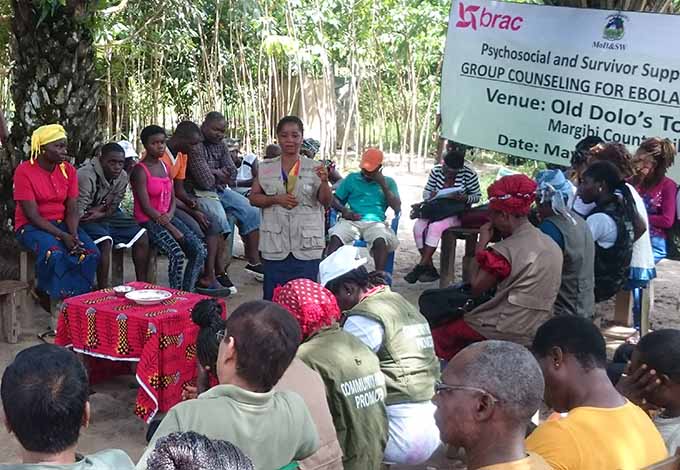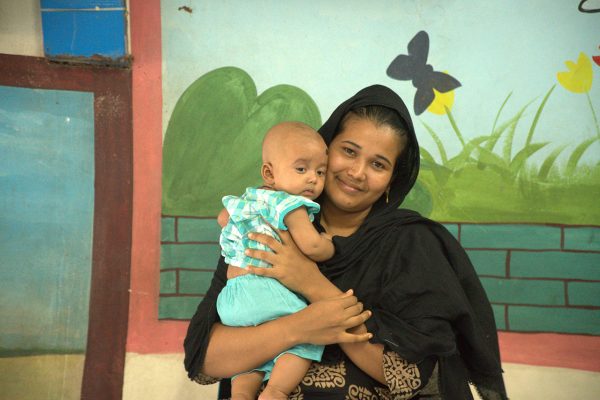Reading Time: 3 minutes
“After losing my husband and four children, surviving alone with my youngest child has been so difficult for me that it makes me wish that we had died together. The trauma of EVD (Ebola virus disease) will forever live within me,” says Jeanet Wee, an Ebola survivor.
“After losing my husband and four children, surviving alone with my youngest child has been so difficult for me that it makes me wish that we had died together. The trauma of EVD (Ebola virus disease) will forever live within me,” says Jeanet Wee, an Ebola survivor.
According to WHO the case fatality rate of the 2014 outbreak of Ebola in West Africa is about 50 per cent. As of June 2015, the number of reported cases in Liberia is 10,666 with death toll reaching 4806. Fear, grief and tension reign supreme in the areas affected. While it takes physical and mental toll on those carrying the disease, it is equally traumatic for the families of the affected and deceased.
It is difficult to predict how people will react to the challenging situation. Some experience depression while fighting the disease while others may go through a phase of self-loathe, blaming themselves for their fate. Wee recalls the horror she faced after she got back home from a successful treatment. “The worst part of it all is coming back to the community where no one wants to come near you, not even your close friends. Even my own mother did not come near me or speak to me,” says Wee.
Over time the country will overcome Ebola but the need for a continued psychosocial support is of paramount importance. In 2009, WHO’s mental health Gap Action Programme (mhGAP) Guideline Development Group evaluated the evidence for the need for psychological first aid. It has been widely asserted that survivors do not completely overcome the repercussions of the life-threatening disease because they were not provided with psychosocial assistance.
One of the projects that BRAC undertook during the Ebola outbreak is the EVD psychosocial and survivor support using BRAC’s community-based network in Liberia in association with USAID.
To deal with this sensitive issue BRAC first sought to recognise the various causes which might lead to EVD-related psychosocial trauma. Some prominent reasons include death of family members and lack of any physical contact with community members. Another reason involved the stigma associated with being an Ebola positive survivor or a family member. The stigma extended to health workers, dead body management staff and burial teams.
After studying these causes and devising ways to deal with them, BRAC started providing psychosocial training to the survivors. Wee says that she received psychological first-aid training which prioritises relation-building among Ebola survivors, their family members and the community. The training also focused on institutional resources in the community and group counselling. Psychosocial support is essential not only for those affected but also healthcare providers experiencing distress, members of quarantined families as well as community members dealing with isolation and economic stress. Delivering survival hygiene kits has also been an integral part in curbing the disease.
To help survivors get back on their feet, BRAC also provides a monthly incentive of USD 50. Wee proudly narrates how she has used the money to start up a small business through which she buys dry food and sells them in her village. From being shunned by society as an untouchable to rising on her own feet and helping those in need, hers is a remarkable story of survival.
As of 2014, 99,000 plus people have been provided with information concerning EVD by our community health promoters. It is through the wide network of community health promoters in Liberia that Wee and other survivors of Ebola are made aware of the need for psychosocial help. Currently, this project operates in Montserrado, Lofa, Nimba, Margibi, Bong and Grand Bassa counties.
Tausif Sanzum Karim is a sub-editor in communications at BRAC International.






